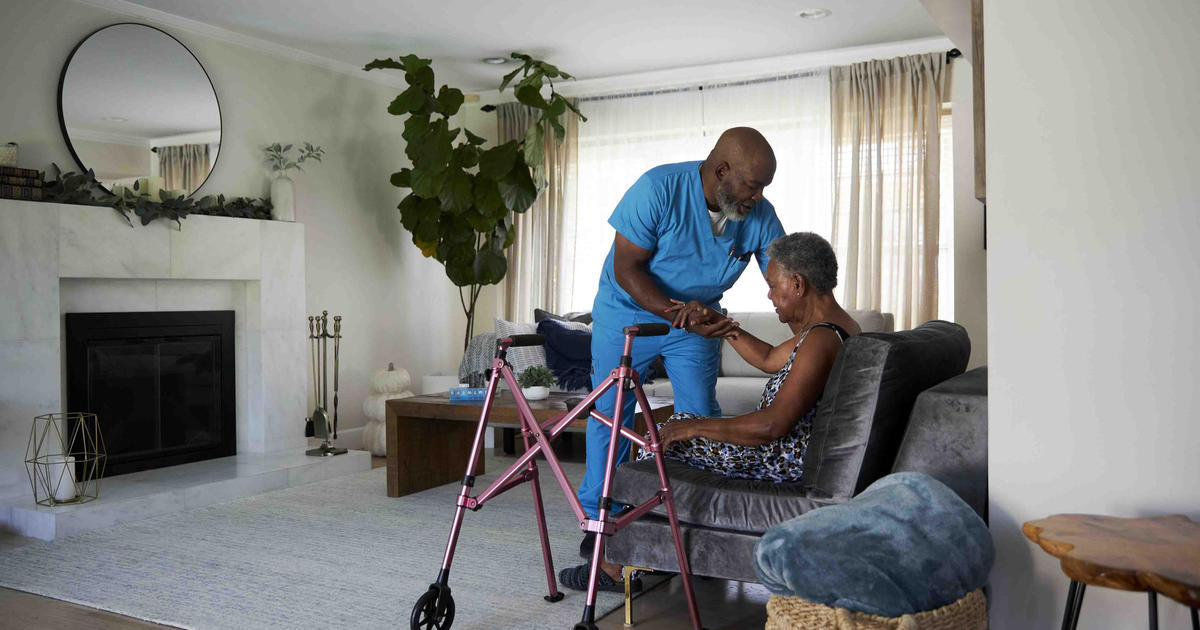Minimum wage doesn't cover the rent anywhere in the U.S.
A minimum-wage worker would have to put in lots of overtime to be able to afford a modest, two-bedroom apartment anywhere in the country. And downsizing to a one-bedroom pad barely helps.
Even with some states hiking pay for those earning the least, there is still nowhere in the country where a person working a full-time minimum wage job can afford to rent a decent two-bedroom apartment, according to an annual report released Wednesday by the National Low Income Housing Coalition.
Even the $15 hourly wage touted by labor activists would not be enough to make housing affordable in the overwhelming majority of states, the coalition found. Nationally, someone would need to make $17.90 an hour to rent a modest one-bedroom or $22.10 an hour to cover a two-bedroom place.
Renters across the country earn an average hourly rate of $16.88, the report estimated, a finding that illustrates how even folks earning more than the minimum wage scramble to pay for housing.
The findings are based on the standard budgeting concept of not spending more than 30 percent of one's income on housing.
The nation's costliest housing is in Hawaii, where one would need to earn $36.13, or roughly $75,000 a year, to be able to rent a modest two-bedroom. The state's minimum wage increased to $10.10 an hour this year.
The cheapest housing in the U.S. can be found in Arkansas, where the minimum wage is $8.50 an hour. Yet one would have to make $13.84 an hour, or roughly $29,000 a year, to afford a two-bedroom apartment.
A one-bedroom is affordable for minimum-wage employees in all of 22 counties in just five states -- Arizona, California, Colorado, Oregon and Washington. Each has a higher minimum wage than the $7.25 federal minimum.
The study bases its definition of "modest" rental housing on a weighted average of fair market rent estimates developed annually by the U.S. Department of Housing and Urban Development to calculate the agency's housing assistance to poor people around the country.
The cost of housing has steadily risen along with increased demand for rentals, yet new construction has trended toward the high-end market due to lofty development expenses, the findings said.
"While the housing market may have recovered for many, we are nonetheless experiencing an affordable housing crisis, especially for very low-income families," Sen. Bernie Sanders of Vermont wrote in the report's preface. "In America today, nearly 11 million families pay more than half of their limited incomes toward rent and utilities. That leaves precious little for other essentials."



